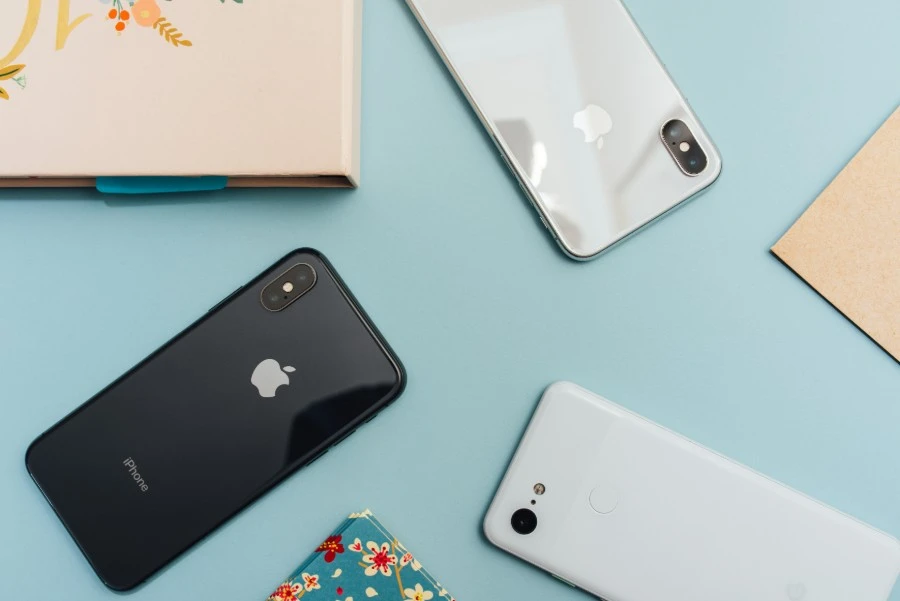
You took a perfect photo on your iPhone, but when you try to share it or open it on your Windows PC, it won't work. The file ends with ".heic" and many platforms and devices still don't recognize it. You're not alone—this is one of the most common frustrations for iPhone users. The good news is that there is a simple solution.
This guide explains what HEIC files are, why Apple uses this high-efficiency format, and how you can easily convert your photos to a universal format like JPG so they work everywhere, for everyone.
HEIC stands for High Efficiency Image Container. It's a modern container format that Apple adopted as the default for photos starting with iOS 11. Apple made this switch for several compelling reasons:
While HEIC is technically superior to JPG, it has one major flaw: compatibility. Here's where you'll run into problems:
One of the most common issues is opening HEIC files on a Windows computer. By default, Windows doesn't support it, but you can add support for free. You will need to install two extensions from the Microsoft Store:
However, the simplest and most reliable solution, especially if you need to share the photos, is to convert them.
The fastest way to make your iPhone photos work everywhere is to convert them to JPG. This gives you universal compatibility while maintaining excellent quality.
Convert your HEIC files to formats that work everywhere:
Want to avoid this problem in the future? You can set your iPhone to capture photos in JPEG instead of HEIC:
Trade-off: Your photos will be larger and take up more storage space, but they'll work on every device and platform without any extra steps.
HEIC is a powerful, efficient format, but its lack of universal support creates real-world problems. Until the rest of the digital world fully embraces it, converting HEIC files to JPG remains the most practical solution for sharing and using your iPhone photos without hassle. With a reliable converter, you get the best of both worlds: high-quality photos from your iPhone and the universal compatibility of JPG.